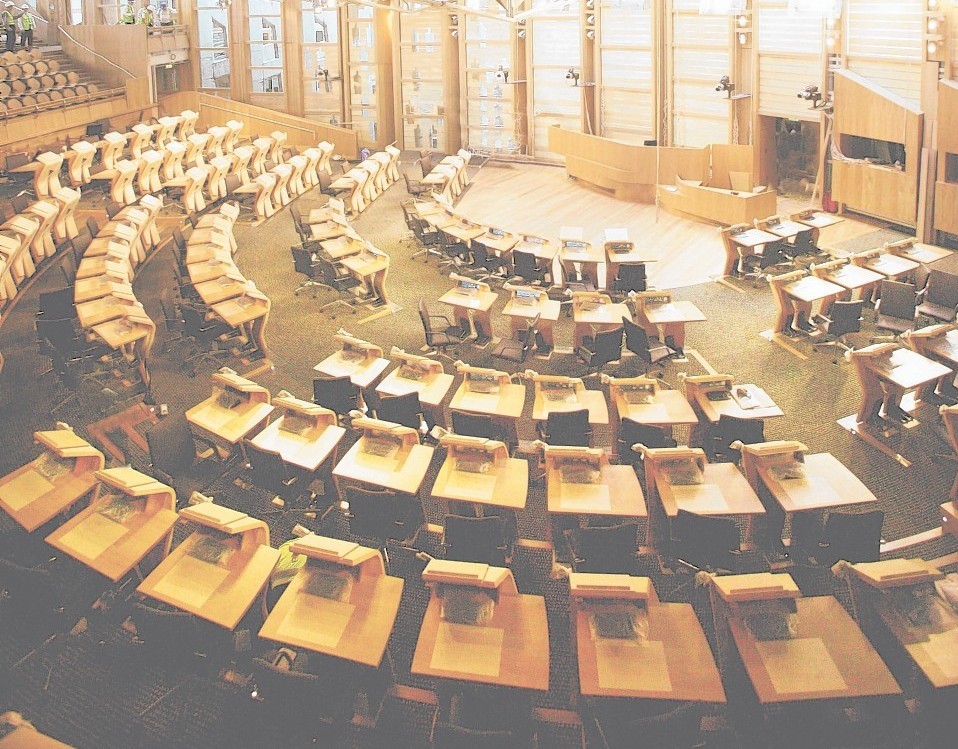A north-east academic has suggested that the Barnett formula for public spending in Scotland may be reviewed if voters reject independence.
Professor David Heald, of Aberdeen University, said he thought there would be “big pressure” to re-examine the funding mechanism because some people think this country gets too much money.
But Professor Alan Trench, who also gave evidence to Holyrood’s fiance committee yesterday, said he did not “see any appetite” amongst UK political parties to make changes to the system which has been in place since the 1970s.
He said suggestions that a no vote on September 18 meant the abolition of the system were “no more than alarmist speculation”.
Prof Heald said: “I do think there will be big pressure post-referendum to, in the case of the ‘no’ vote, to have a review of Barnett.
“And, when people talk about review of Barnett they usually mean cutting Scotland’s spending because they have already decided that before the needs assessment takes place that Scotland currently gets too much.”
Committee member Jamie Hepburn, a SNP MSP, seized on the remarks.
“Professor Heald makes it clear that there would be a clamour for cuts to Scotland’s budget from Westminster in the event of a no vote,” he added.
“And Scotland as part of the UK would be powerless to stop this because as Professor Heald states, the Treasury can effectively rewrite the rules on Barnett whenever they like.
“The Westminster parties are united in their determination to slash another £4billion from Scotland’s budget.
“A yes vote means budget cuts can never be passed down from Westminster again.”
Prof Trench, a former adviser to a House of Lords committee on the mechanism, told MSPs that no UK political party “has any commitment to change the Barnett formula after a no vote”.
“The UK Government remains committed to the Barnett formula ‘until the public finances are stabilised’,” he said.
“While there has been quite a debate about the merits of replacing the formula, there appears to me to be no political appetite to do so in the foreseeable future.
“Suggestions that a no vote means the abolition of the Barnett formula are no more than alarmist speculation.”
